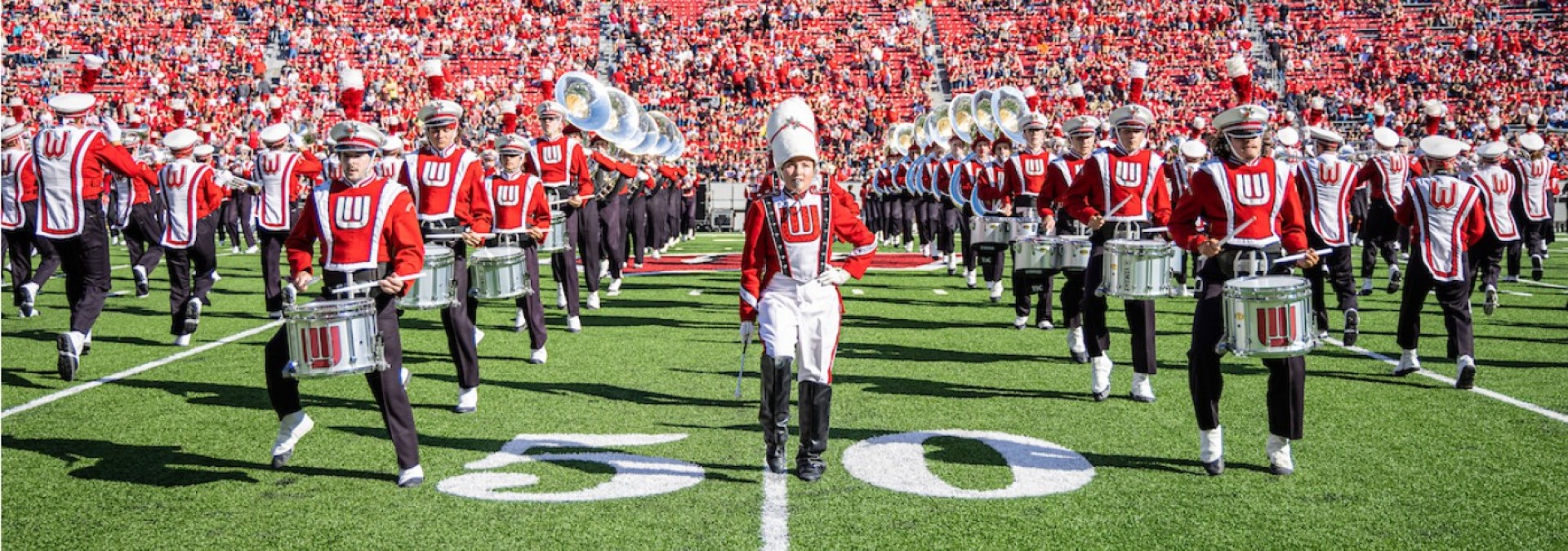3-Time Rule: A practice method where a performer repeats a piece three times in a row perfectly to build confidence and reliability.
Alter-ego: A secondary persona or identity adopted by a performer to help overcome anxiety and enhance stage presence.
Audition: A try-out or performance where individuals showcase their skills to gain a role, job, or acceptance into a program.
Audition Format: The specific structure or guidelines of an audition, including what is expected from the performer.
Breathing Exercises: Techniques that focus on controlling the breath to help reduce stress and anxiety.
Cognitive Reframing: A strategy to shift negative thoughts into more positive or realistic ones, thereby reducing anxiety.
Constructive Feedback: Helpful advice or suggestions aimed at improving a performance.
Ensemble: A group of musicians or performers who work together to create a performance.
Feedback Loop: A process of receiving, acting on, and refining performance through continuous input and practice.
Guided Meditation: A relaxation technique in which a person follows spoken instructions to focus on calming thoughts or imagery.
High-Pressure Situations: Moments or events where there is a lot of stress or expectation, leading to increased anxiety.
Jitters: A feeling of nervousness or slight shaking that often occurs before a performance.
Masterclass: A specialized class led by an expert that often includes live demonstrations and critiques to improve performance skills.
Mentor: An experienced individual who provides guidance, advice, or training.
Mindfulness: The practice of staying focused on the present moment, often used to reduce stress and increase concentration.
Neural Pathways: Connections in the brain that develop or strengthen with repeated practice, helping to improve skills over time.
Nerves: Worries or feelings of anxiety, especially when facing something important like a performance.
Nuance: A subtle detail or variation in performance, such as a slight change in tone or timing that can affect the overall delivery.
Open Mic: A casual event where anyone is invited to perform, offering a platform for emerging talent.
Panic Attack: A sudden and intense surge of fear that may include physical symptoms like a racing heartbeat or sweating.
Performance Anxiety: The nervousness or fear experienced before or during a performance that can make you feel uneasy.
Positive Self-Talk: Encouraging and affirming internal dialogue that helps to boost confidence during challenging moments.
Progressive Muscle Relaxation: A method of easing stress by alternately tensing and then relaxing different muscle groups.
Recital: A formal performance, typically by a student or professional, often held in a concert-like setting.
Rehearse: To practice or prepare for a performance through repeated practice sessions.
Solo Piece: A musical piece performed by one person rather than a group.
Stage Fright: Extreme anxiety or fear that a performer feels when they are on stage.
Technique: The method or skillful way of performing, which is honed through practice and precision.
Tempo: The speed or pace at which a piece of music is played.
Visualization: A mental exercise where you imagine the performance scenario to build familiarity and reduce anxiety.
Venue: The place where an audition or performance takes place.


.png) ARTICLE GLOSSARY
ARTICLE GLOSSARY

.png)
.png)


.jpg)
.jpg)

.jpg)

.png)



.jpg)
.png)










.jpg)



.jpg)
.jpg)
.jpg)
.jpg)
.jpg)

.png)
.png)

